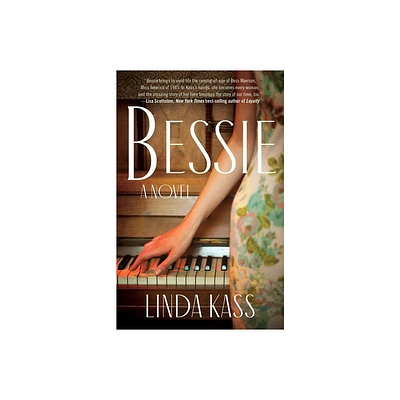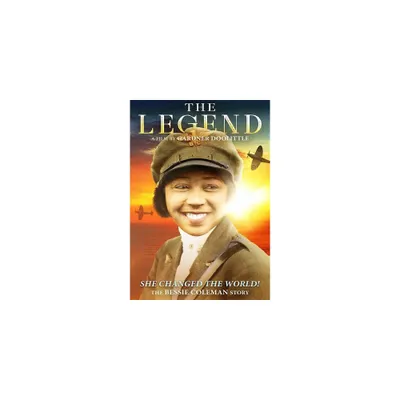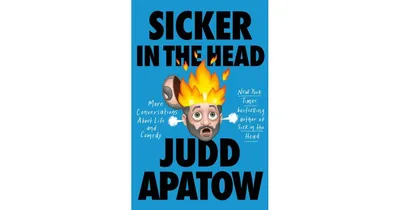Home
Conversation with Bessie Head
Loading Inventory...
Barnes and Noble
Conversation with Bessie Head
Current price: $130.00


Barnes and Noble
Conversation with Bessie Head
Current price: $130.00
Loading Inventory...
Size: Hardcover
*Product Information may vary - to confirm product availability, pricing, and additional information please contact Barnes and Noble
In Conversation with Bessie Head
shows how reading the novels and letters of Botswana's most influential writer, Bessie Head, fosters an ongoing conversation between reader and writer and is in fact a very personal undertaking. Each chapter tackles two parallel threads, the first regarding Mary S. Lederer's own history of reading Head-from her first purchase of
Maru
, through completing a Ph.D. on Head's trilogy, through living in Botswana and connecting with various aspects of Head's life, to examining how reading Head has affected her own development as a human being. This history then ties each chapter into discussion of how Head develops her own vision of the "brotherhood of man."
Alongside critically informed discussion, Head's vision is examined through the prism of specific questions. Why is madness not a useful concept for understanding Head's ideas? Why did Head say she was not a feminist, and what is the significance of "male" and "female" in her novels? What is the relationship between individual, race, and community? How can the nature of God be a clear expression of love but also an indistinct force for both good and evil? Head's novels present opportunities for personal growth, and through these "conversations" with her, we become different readers.
shows how reading the novels and letters of Botswana's most influential writer, Bessie Head, fosters an ongoing conversation between reader and writer and is in fact a very personal undertaking. Each chapter tackles two parallel threads, the first regarding Mary S. Lederer's own history of reading Head-from her first purchase of
Maru
, through completing a Ph.D. on Head's trilogy, through living in Botswana and connecting with various aspects of Head's life, to examining how reading Head has affected her own development as a human being. This history then ties each chapter into discussion of how Head develops her own vision of the "brotherhood of man."
Alongside critically informed discussion, Head's vision is examined through the prism of specific questions. Why is madness not a useful concept for understanding Head's ideas? Why did Head say she was not a feminist, and what is the significance of "male" and "female" in her novels? What is the relationship between individual, race, and community? How can the nature of God be a clear expression of love but also an indistinct force for both good and evil? Head's novels present opportunities for personal growth, and through these "conversations" with her, we become different readers.


















